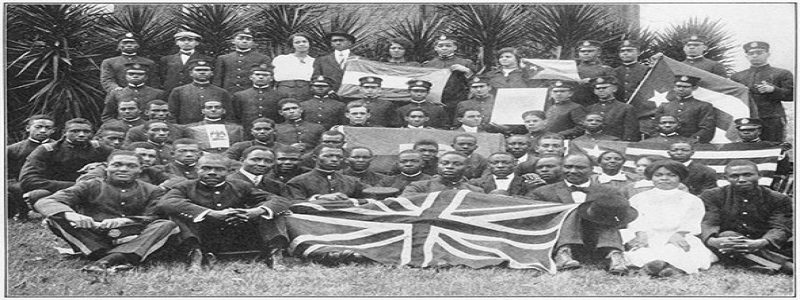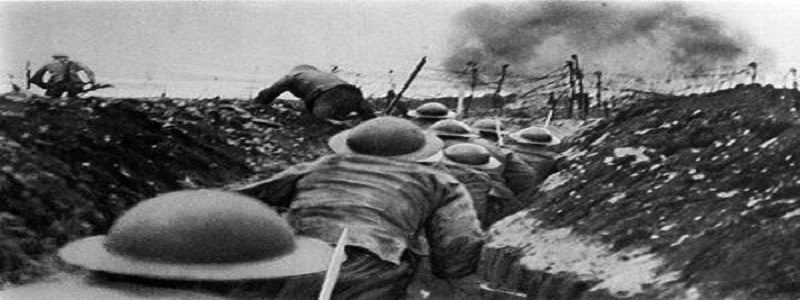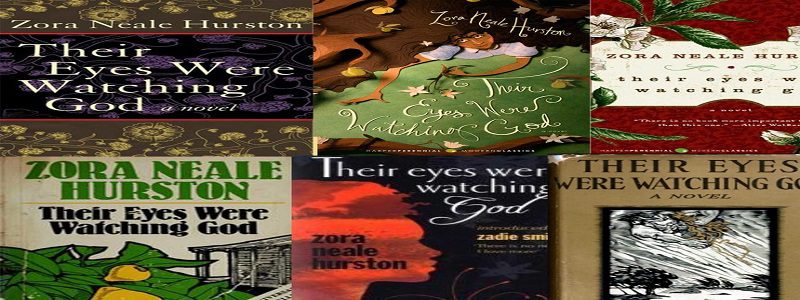Argumentalizing ‘Night,’ Elie Wiesel’s Holocaust Memoir
Never shall I forget those moments that murdered my God and my soul and turned my dreams to ashes.
— Elie Wiesel, Night (1960)
We can take an argument-centered approach to almost any unit in the middle or high school curriculum. And we should, if we believe the empirical research on the impact of getting students discussing critically and writing argumentatively about the important topics of study in their classes. Or if we believe the standards-writers, who, as they continue to want to guide 6th – 12th grade classrooms toward global norms of rigor and authentic college/career preparation for all, continue to elevate the place of academic argument and critical thought throughout instruction.
We can even take an argument-centered approach to a unit on perhaps the most undebatable, unspeakable episode of historical evil of the 20th century, the Holocaust. Studying an extreme historical event like the Holocaust limits the range of choices but formulating a debatable question is based on the same criteria with this subject matter as it is for others. The debatable question or issue must be open, balanced, focused, and authentic. When the unit of study concentrates on a single extended text, as the one is that we’ve been working on with a couple partner schools, the debatable question must be one that is being asked by the text. A debatable question that can successfully argumentalize study of a text is one that the author is asking through the text, at some level. The debatable question that we established for Night is woven throughout the work, and surfaced explicitly in the epigraph above.
Did the Nazis succeed in committing deicide through the Holocaust, according to Night, by Elie Wiesel?
Inquiring and Arguing about European Colonialism in Africa
We have been working with partner high schools, in both World History and European History courses, on a unit on European colonialism in Africa. This topic has an inordinate number of ramifications on other fields of history and social science. To name just a few: European geopolitics in the 19th century and the lead-up to World War I; African national and political history in the 19th and early 20th centuries; racial and economic exploitation in international relations; colonial and post-colonial studies; European cultural, literary, and religious history of the 19th century; and others. Our argument-centered approach propels students to inquire into and argue about this rich and essential historical topic. And as we have been discovering ourselves in the classroom the unit laid out here has the range to serve the common ends of the secondary school spectrum: intriguing and engaging 9th graders, but also pushing even advance placement seniors to absorb sources more deeply and to take sophisticated and carefully argued positions.
In Praise of Disagreement
One thing that almost everyone can agree on is that there is too much disagreement in America today. The country is polarized and fractious on a whole range of issues, from Donald Trump to social media, trade policy to gender relations, cultural history to classroom curriculum. Sources of information, the status of authority, even facticity itself are subject to rancorous disputation, it seems. And the divisions over issues and identities are straining and tearing at the very social fabric and sense of shared American values that have kept this country from splitting apart through most of its diverse, dynamic 240+ year history.
The Great War and Academic Argument
World War I was cataclysmic not only in the death and destruction it wrought on the battlefield (with more than 10 million killed), but also in its shattering in the Western world (certainly in Europe) of certain kind of belief in the nobility of civilization and the inevitability of progress. “The war to end all wars,” in H.G. Wells’ immortal phrase, and the war that would “make the world safe for democracy,” according to President Woodrow Wilson — the idealism that inspired these phrases sounded bitterly ironic after the War, and by 1918 sardonic clouds had settled over the European psyche to stay.
This argument-based project teaches World War I through debates about the deepest causes of that conflict. It brings together primary and secondary textual and video sources to teach content through the framework of academic argument.
Debating Self-Understanding in ‘Their Eyes Were Watching God’
Zora Neale Hurston’s 1937 masterwork Their Eyes Were Watching God was poorly received in its time. Famed African-American novelist Richard Wright dismissed the novel that year in the October issue of New Masses. “Hurston seems to have no desire whatever to move in the direction of serious fiction . . . . The sensory sweep of her novel carries no theme, no message, no thought.” Their Eyes was found wanting in relation on the sociological criteria of the Racial Uplift movement of the 1930s, but Hurston had her artistic gaze pointed as inwardly as it was immersed in the milieu of the intensely racialized encasing in which her characters lived and her sensibility came to be. Freedom, she wrote, is “something internal . . . . The man himself must make his own emancipation.” Reversing the charge that she turned away from the racist social forces and constructs, she called it “arrogance” to believe that “black lives are only defensive reactions to white actions.”






